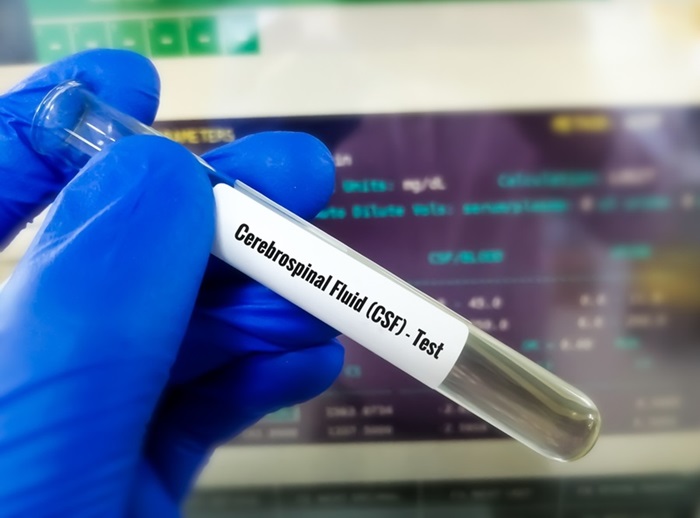Rapid Diagnostic Test for Brain Tumors to Reduce Need for Invasive Surgical Biopsy
Posted on 20 Jun 2024
Most brain and spinal cord tumors are diagnosed in the hospital setting, often after patients exhibit rapidly progressing deficits. Given the urgency, the traditional delays and risks associated with neurosurgical biopsies can hinder prompt diagnosis and treatment of central nervous system (CNS) tumors. Researchers have now developed a rapid genotyping test for patients presenting with CNS lesions, which has eliminated the need for invasive surgical biopsies in seven cases, reducing the time to diagnosis from 10 days to just 2.
The rapid genotyping test developed by a collaborative team of neurosurgeons, oncologists, and pathologists at Mass General Brigham (Somerville, MA, USA) identifies genetic markers of various CNS tumors from cerebrospinal fluid (CSF), gathered during a lumbar procedure. This test not only speeds up the diagnosis but also avoids the need for more invasive brain biopsies in some cases. The team utilized a method called TetRS (Targeted Rapid Sequencing) in a study involving 70 patients with newly identified CNS lesions of unknown origin. The development of TetRS dates back almost a decade when researchers identified a few genes frequently mutated in specific brain cancers. By 2015, they demonstrated that these genetic mutations could be detected in tissue samples removed during surgery, and by 2021, they successfully applied TetRS to cerebrospinal fluid.

In their latest study, the researchers tested TetRS in real-world situations where patients might arrive in the Emergency Department with an abnormal lesion that could be either from a tumor or benign. The study aimed to verify that TetRS could expedite accurate diagnoses without the risk of false positives. TetRS was specifically designed to identify genetic signatures indicative of brain cancer, focusing on mutations in genes such as MYD88, TERT promoter, IDH1, IDH2, BRAF, and H3F3A. Of the 70 patients evaluated, 33 were eventually diagnosed with neoplasms. TetRS alone diagnosed six of these patients, and when combined with traditional diagnostic approaches, it identified an additional eight, achieving a sensitivity of 42%. For the 37 patients not diagnosed with neoplasms, TetRS reported no false positives, demonstrating a specificity of 100%.
The use of this rapid genotyping test not only eliminated the need for surgical biopsies in seven cases but also significantly reduced the average time to treatment initiation, from 12 days to just 3 days. The results of the latest study were published in the American Society of Hematology's Blood journal on May 22, 2024. The researchers acknowledge that more extensive studies are necessary to confirm the broader applicability of these findings and to assess the clinical impact of earlier diagnosis and treatment. TetRS is now clinically available across the Mass General Brigham network, with the Mass General Brigham Pathology department processing samples from MGH, Brigham and Women’s Hospital, and other locations across the U.S.
“By working together across pathology, neuro-oncology and neurosurgery teams, we’ve developed an innovative, collaborative way to improve patient care,” said co-author Deborah Forst, MD, of the Mass General Cancer Center. “The ability to rapidly detect tumor-related molecular variants in patients’ spinal fluid samples has allowed us to promptly draw diagnostic conclusions through less invasive testing and to initiate individualized and potentially life-saving chemotherapies in rapid fashion.”
Related Links:
Mass General Brigham














